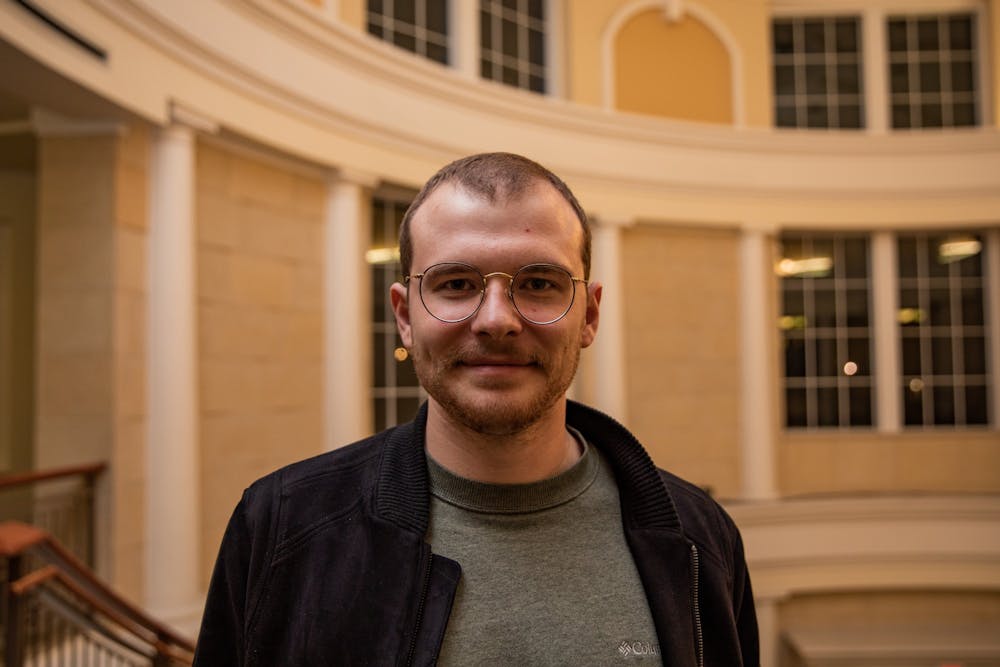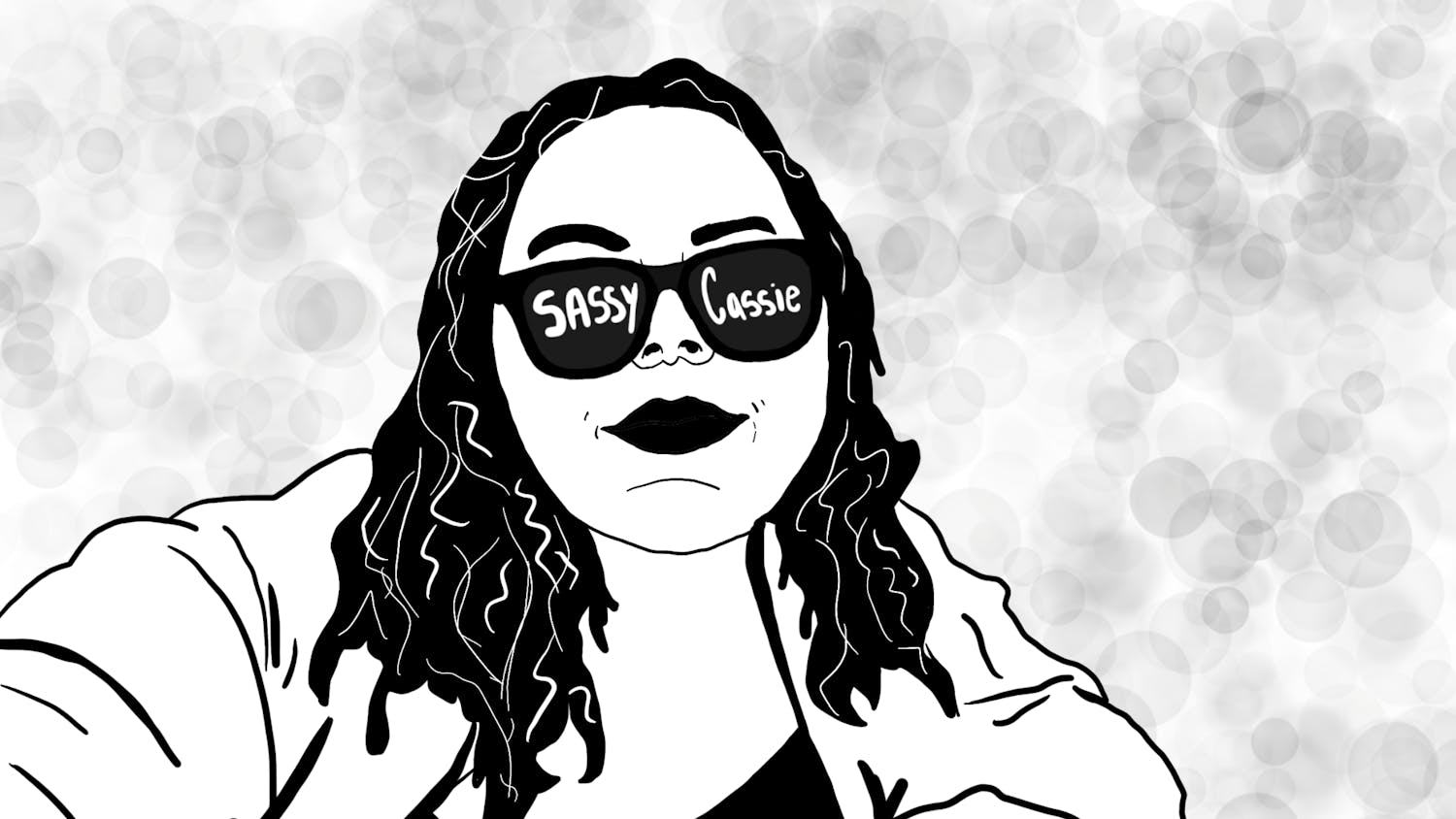Following the appearance of COVID-19 in Ohio, Ohio University President Duane Nellis announced OU will cancel in-person classes through March 30. That was the right decision.
While some claim that the coronavirus is no more severe than the flu, COVID-19 is different in significant ways. While the flu infects more people, the World Health Organization says COVID-19 has a death rate of about 3.4% — roughly 34 times greater than that of the flu. Furthermore, we know far less about COVID-19 and how to treat it. The flu, by comparison, is well understood and even has a vaccine. It also takes longer for COVID-19’s symptoms to show, which offers more time for people to unknowingly spread the virus.
Additionally, even though the average, healthy adult may not be in grave danger, those they could infect might be at greater risk. Indeed, the Centers for Disease Control says the elderly and those with underlying conditions are much more susceptible to experiencing severe effects from COVID-19. This certainly applies within the context of a university where immunocompromised people play active roles in the community. So, the decision to cancel in-person classes is a prudent way to limit the spread of COVID-19. Still, continuing to hold online classes — and not canceling them altogether — poses many issues independent of the coronavirus.
The president’s statement asks that students remain in their hometowns. Students in residence halls are not even allowed to return without specific permission. As such, students are expected to complete their studies from home, which causes accessibility issues. Many poor people or those who live in rural areas — like much of Southeast Ohio — do not have reliable devices or internet connection in their homes. While students in such a scenario could go to public spaces to use reliable devices and connections, doing so defeats the purpose of canceling in-person classes because it still requires public interaction. Furthermore, not everyone has access to the transportation required to access such spaces.
Secondly, Blackboard and other university websites are notoriously unreliable, with regular crashes and counterintuitive interfaces. That will be made worse through increased traffic from online courses. Third, there are many elements of in-person classes that cannot be translated to online formats. Finally, online studying is not an effective learning technique for some students. That is partly why many of us chose to physically attend OU rather than enrolling in online programs.
Societally, we tend to demand maximum productivity at all costs. Technology has nourished that phenomenon: just 20 years ago, it would have likely been impossible to perform a sudden transition to online courses. Still, just because we can do something does not mean we should. Expecting professors and students to rapidly adapt to an entirely different educational format is a great setup for disorganization, confusion and anxiety.
Online courses will clearly be sources of stress for many professors and students alike. (It should be noted that stress can weaken immune systems, rendering one more susceptible to illness). Because of the shortcomings of online classes, OU should have gone beyond canceling in-person classes by putting a hold on classes altogether until it is safe to resume them in-person.
Sam Smith is a junior studying geography at Ohio University. Please note that the views and opinions of the columnists do not reflect those of The Post. Want to talk more about it? Let Sam know by tweeting him @sambobsmith_.






